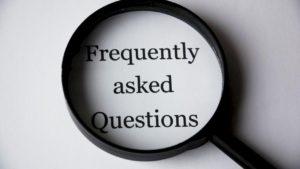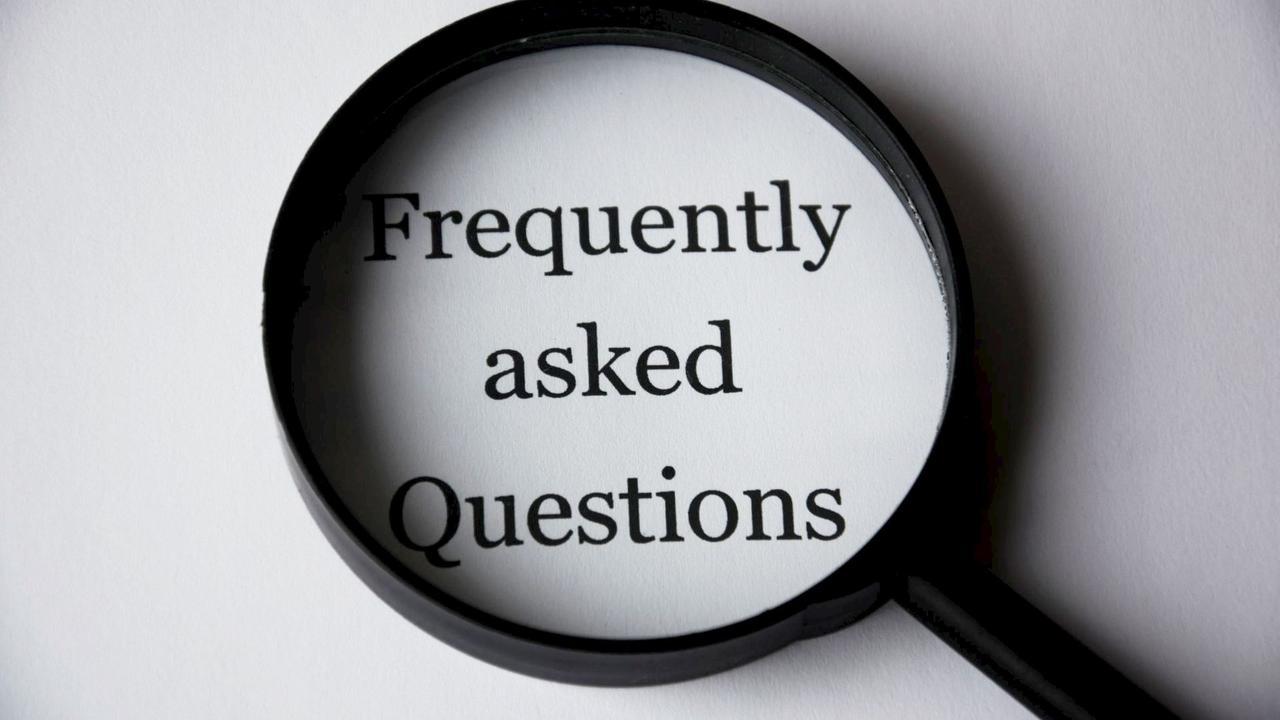There’s a reason we created the HR Sucks brand which includes an Instagram, YouTube, and Podcast. It was a common saying spoken out of the mouths of both employees and employers. How did a department primarily built to drive employee satisfaction and leadership initiatives get here?
What is the HR department?
Most people know OF an HR department, but a lot of people fail to understand what the HR department does by definition. Capterra defines the HR department as a business unit that oversees employment-related functions such as recruitment, payroll, compensation management, onboarding, performance management, and exit.
Well here’s our first problem – employee satisfaction isn’t considered a core function of the HR department. Creating a positive work environment is an after-thought. Based off of this definition, there’s nothing wrong with HR as long as the organization has all of their paperwork in order, employees are paid regularly, and they’re not getting sued for wrongful termination.
This case could be considered closed at this point, but the problem is the organization’s people expect so much more.
Based off our own survey, here is what was gathered as the top reasons HR Sucks.
1. They Don’t Represent Everyone
With the rise of litigation, HR’s approach has shifted to supporting managers with terminations and disciplinary actions rather than understanding a situation from all perspectives and integrating initiatives to prevent future incidences of a similar manner.
Entry-level and line employees do not feel the HR department has their best interests in mind. When HR is “called in”, it’s universally felt that an employee is about to be reprimanded or terminated. As a result, employees avoid HR altogether even when they have legitimate issues or concerns.
2. They’re Left out of Decision Making
The problem isn’t just the HR department – it’s the leadership that doesn’t give HR a voice to begin with. Often times, HR reports to another C-Suite executive such as the COO, CFO, or CEO who ultimately makes HR decisions with fellow C-Suites and then hands it down to the HR department without much input. This allows the HR department to delineate responsibility when employees express concerns about overall company operations or characteristics. “It’s not my decision.”
When this tragedy occurs, employees no longer feel the HR department can help them and therefore stop expressing themselves leading to disconnect.
3. They Don’t Know Their People
There’s an unwritten rule that HR professionals cannot be “friends” with anyone in the organization they work for. This philosophy has caused extreme isolation for the HR department across organizations over the last 30 years. It’s important to remember that HR stands for HUMAN Resources – the operative word being human and not mechanical. In order to create a positive work environment, HR’s objective should be to be a friend to ALL. It becomes extremely difficult to serve employees and build a healthy culture in isolation.
An organization’s company culture is driven mostly by the leadership team and the HR department – there’s good news in this.
HR has an immense opportunity now, more than ever, to re-write what HR means in an organization. Overall, leadership is starting to understand the importance of employee happiness in a time where employees have increasingly more employment choices and a stronger voice.
With feet being held to the fire, HR can flourish by demanding a say in employee-related decisions, integrating themselves in business operations, and understanding their role in the organization’s success.
So let’s redefine HR right here, right now: Leaders, pay attention.
The HR Department is a business unit whose primary functions include creating a positive work environment, drive leadership decisions, and being every employee’s bestie. And then maybe there’s the paperwork, payroll, and making sure the organization doesn’t get sued part.
For more information on improving HR department functions, please send an email to info@eva8.com or complete a Contact form.














